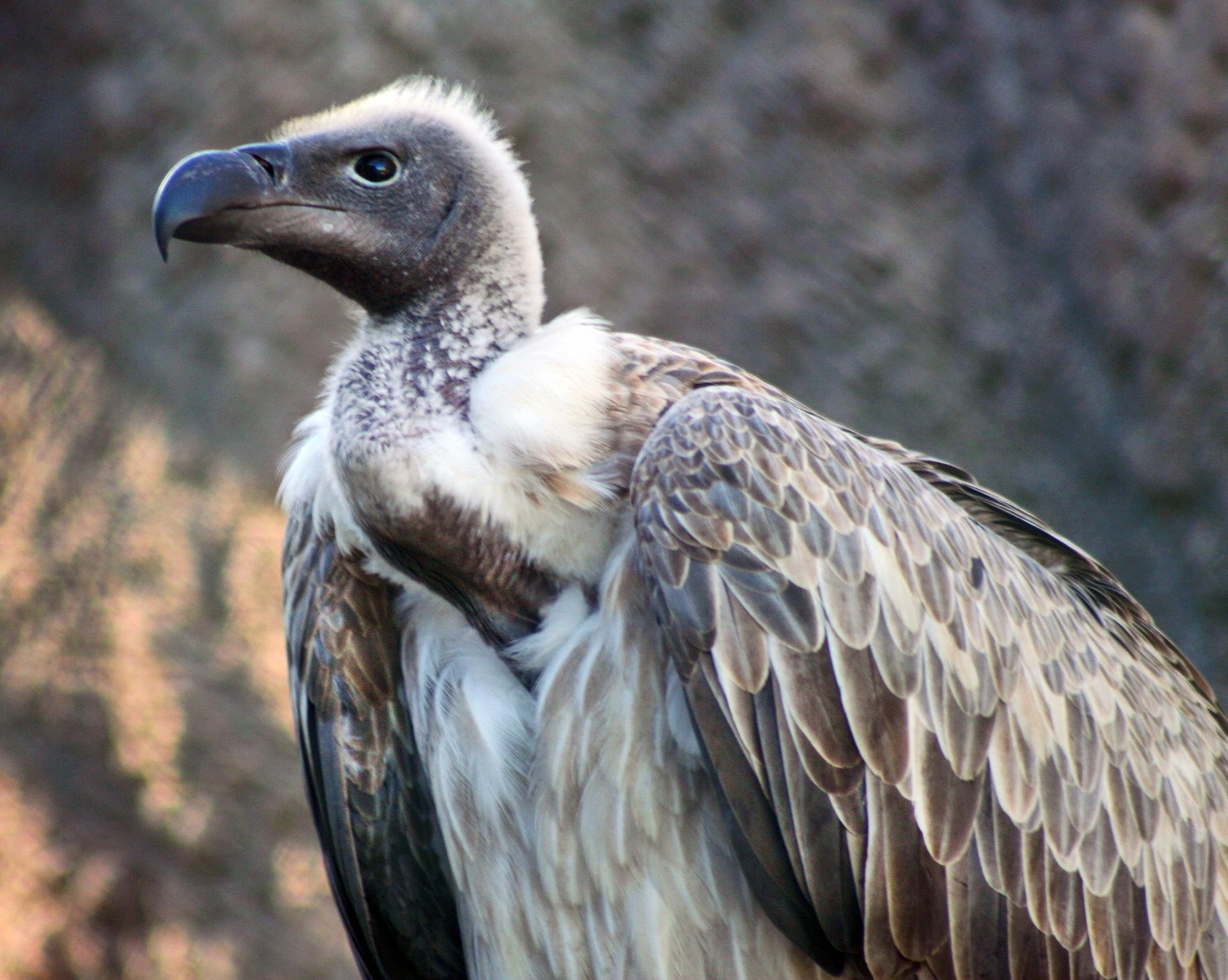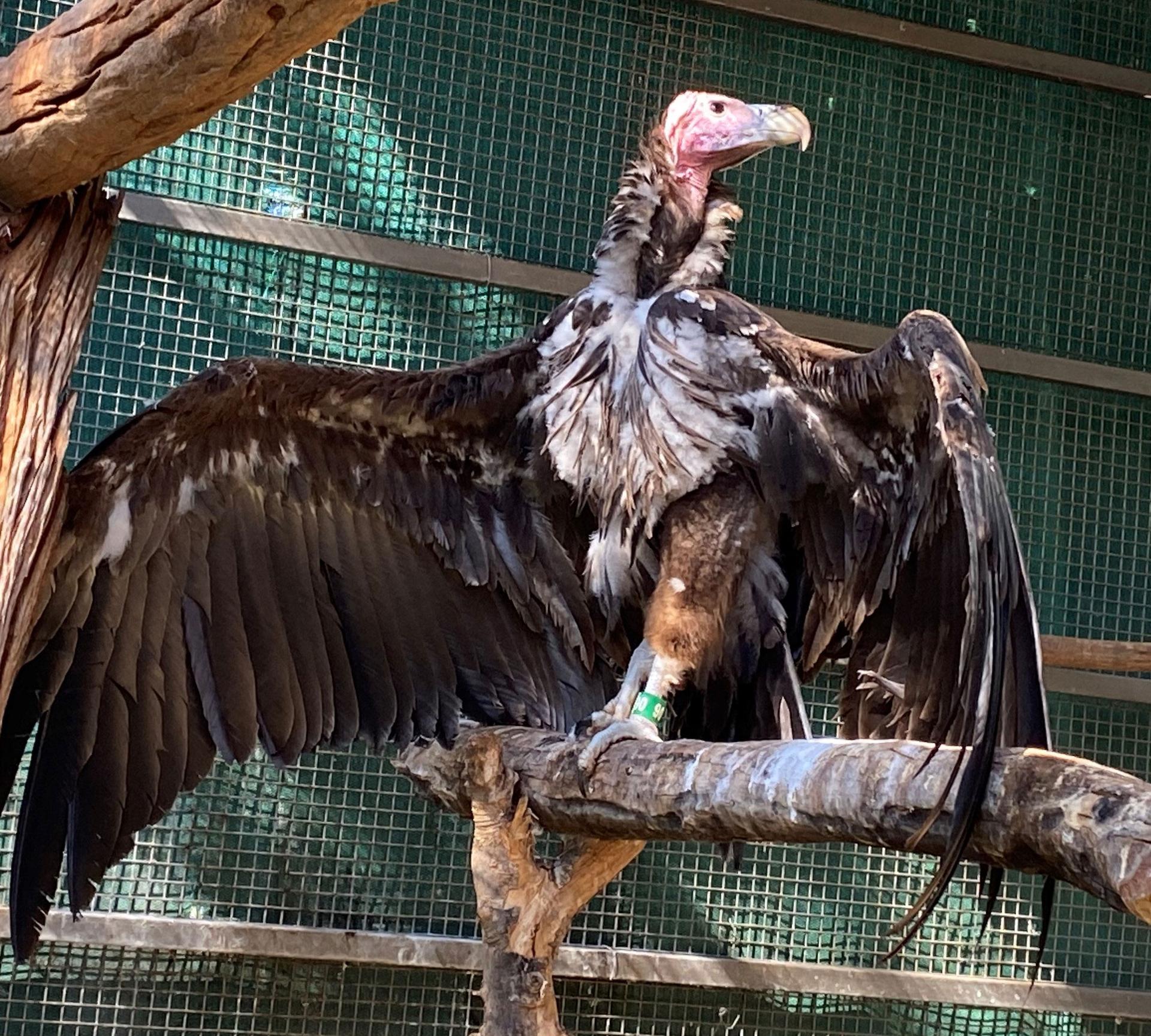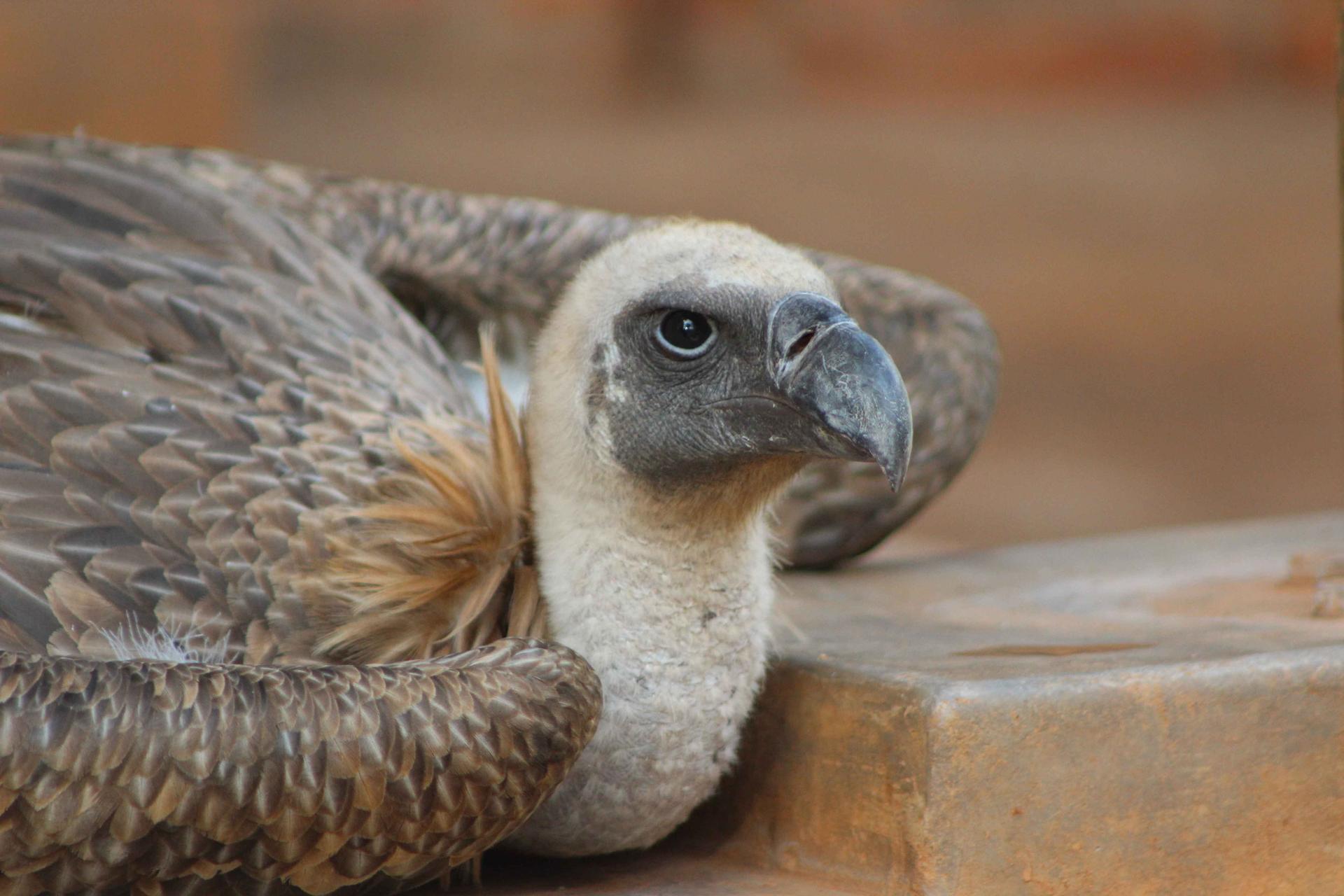Vultures have a pretty bad reputation as ugly scavenger birds. But by feeding on animal carcasses, they stop the spread of human diseases such as anthrax, tuberculosis and rabies.
And that important role is now at risk. Some vultures, such as the white-backed species, are considered critically endangered in southern Africa; they’ve been listed on the International Union for the Conservation of Nature’s red list of endangered species since 2015.
Vultures in southern Africa are vulnerable to extinction in large part because they are poisoned. The poisoning occurs for various reasons, including the harvesting of their body parts for use in traditional medicine. They may also be killed by farmers or poachers.

Last month, more than 150 white-backed vultures died in a week in separate incidents in Botswana and South Africa.
The vultures in both incidents appear to have been directly targeted for their body parts, according to conservationists.
Linda van den Heever, a vulture specialist with Birdlife South Africa, a nongovernmental organization focused on bird conservation, said that the 100-plus vultures that died in South Africa’s Kruger National Park were poisoned.
A buffalo carcass was “snared and then laced with a highly toxic poison,” she said, adding that the vultures had “their heads and feet removed and in some instances, even their organs.”
Poisoning accounts for 60% of vulture mortalities, according to van den Heever. When farmers poison meat to kill predators like jackals and caracals that prey on their livestock, vultures are sometimes unintended victims.
But the intentional poisoning of vultures for their body parts is an age-old practice — one that needs to stop, said Fadzai Matsvimbo of Birdlife Zimbabwe.
“There is the belief that vultures can enhance contact with the ancestors, look into the future and predict results,” Matsvimbo said.
“One can argue that traditional medicine has long been part of African cosmology because it is not a new phenomenon [but] our populations are not what they used to be in the past. We are a growing population, the birds are in decline, it’s no longer sustainable for us to be harvesting animal products for traditional medicine.”
Van den Heever said that it’s most devastating when poachers poison carcasses to kill the vultures that feed on them. They do this because vultures give away the position of a poached animal to authorities by circling overhead.
“Poachers don’t want vultures circling over carcasses, so they will poach a large mammal and lace it with poison and that can kill hundreds of vultures.”
Vultures can also face an early death when they fly into electrical wires and break their bones. They also get electrocuted when they perch on cables and pylons.

The long reproduction cycle of the white-backed vulture militates against their increase in numbers. They can live up to 20 years, but it takes about eight weeks for an egg to hatch, four months for the fledgling to leave the nest, and seven years to start laying one egg a year.
However, there are some signs the white-backed vulture is determined to stick around.
In April 2021, Roger Parry of Zimbabwe’s Victoria Falls Wildlife Trust, drove around a white-backed vulture nest colony that he has monitored for several years. He said there had been a 16% increase in nests compared to the year before.
“It is quite positive, but we need to watch it quite closely,” he said.
And in South Africa, van den Heever said there has been an increase in the number of Cape vultures over the years.
“Species like the Cape vulture were also declining quite steadily in the last couple of decades, but they seem to be stabilizing,” she said.
In the absence of a scientific explanation, she speculated that maybe they have adapted well to human encroachment and livestock farming, or unlike the white-backs, they may be less vulnerable to mass-poisoning incidents.
These wins are important, but unless mass deaths like those in Botswana and South Africa are stopped, the future of vultures in southern Africa remains precarious.
Laws protect vultures in Botswana, South Africa and Zimbabwe, where killing a vulture can land one in jail for up to three years or a more than $2,000 fine.
But enforcing these laws can be elusive.
